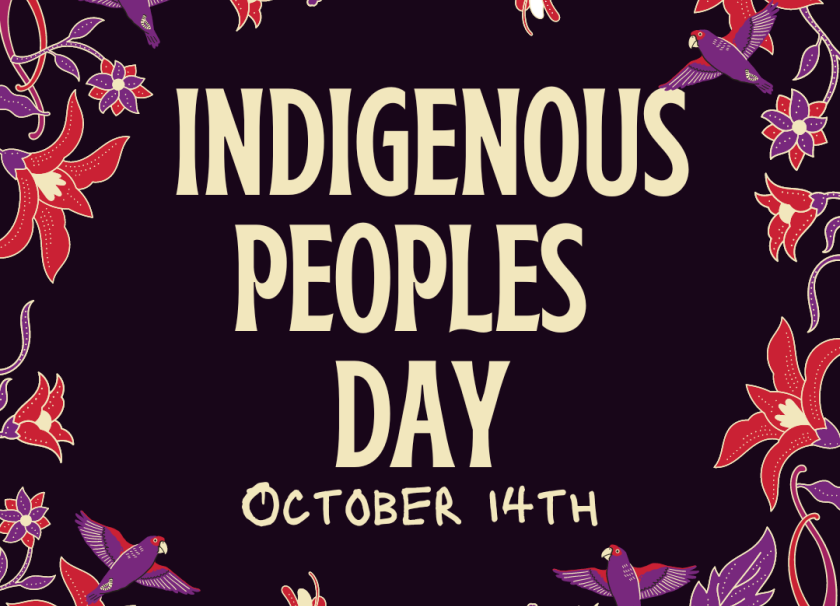
Indigenous Peoples’ Day: Honoring Native Heritage
Indigenous Peoples' Day is a holiday that celebrates and honors Native American peoples and commemorates their histories and cultures. It's observed on the second Monday in October, coinciding with the federal holiday of Columbus Day in the United States.
The idea for Indigenous Peoples' Day was born in 1977 at a United Nations conference on discrimination against indigenous populations in the Americas. It was first adopted as a holiday in Berkeley, California in 1992, on the 500th anniversary of Columbus' arrival in the Americas.
Many Native Americans and allies have long criticized the celebration of Columbus Day, arguing that it glorifies an exploitative and violent history of colonization. Indigenous Peoples' Day offers a way to reframe the narrative, focusing instead on the rich cultures and contributions of Native peoples.
The holiday encourages reflection on the complex history of the Americas and promotes recognition of indigenous peoples' resilience, wisdom, and ongoing contributions to our shared communities. It's a day for education, celebration, and advocacy for indigenous rights and cultural preservation.
In recent years, a growing number of cities, states, and institutions have chosen to recognize Indigenous Peoples' Day. This shift represents a broader movement towards acknowledging historical injustices and fostering respect for Native American perspectives and experiences.
Indigenous Tribes in the Ashland, Oregon Area
Our area has a rich indigenous history. The primary Native American groups who have traditionally inhabited this region include:
- The Takelma: Also known as the Dagelma, they were the primary inhabitants of the Rogue Valley. The Takelma people lived along the Rogue River and its tributaries, with a culture deeply connected to the local ecology.
- The Shasta: While primarily associated with northern California, the Shasta peoples' territory extended into southern Oregon, including parts of the Rogue Valley.
- The Latgawa: A subgroup of the Takelma, the Latgawa lived in the uplands of the Rogue Valley and along the Upper Rogue River.
- The Cow Creek Band of Umpqua Tribe: While primarily associated with areas north of Ashland, their ancestral territory extended into parts of the Rogue Valley.
Today, many descendants of these tribes are part of the Confederated Tribes of Siletz Indians and the Confederated Tribes of Grand Ronde, which include multiple bands and tribes from western Oregon.
As we observe Indigenous Peoples' Day, we're invited to learn more about these original inhabitants of the lands we now call home and to consider how we can contribute to a more inclusive and equitable society. It's an opportunity to acknowledge the ongoing presence and contributions of Native peoples in our community and to honor their enduring connection to this land.
More Co-op News
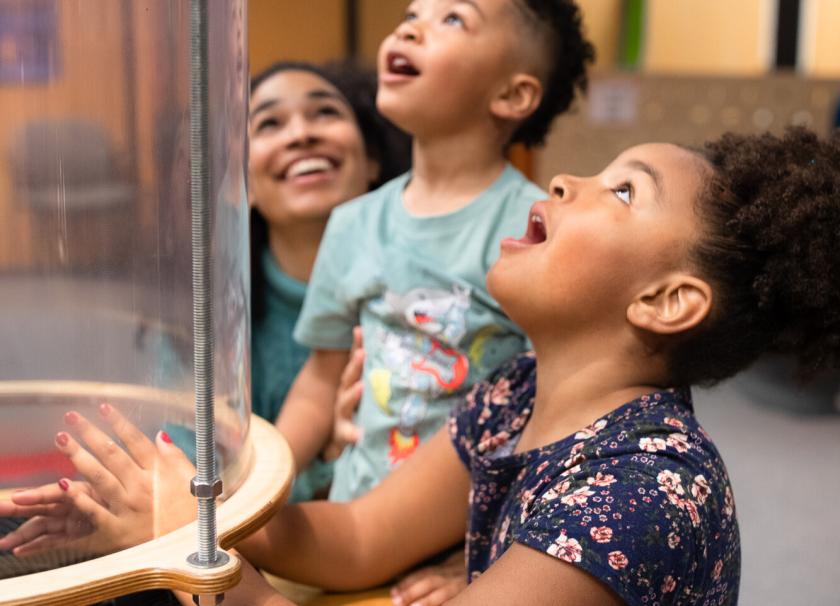
April Change for Good: ScienceWorks
ScienceWorks: Growing Sustainably, Connecting Community
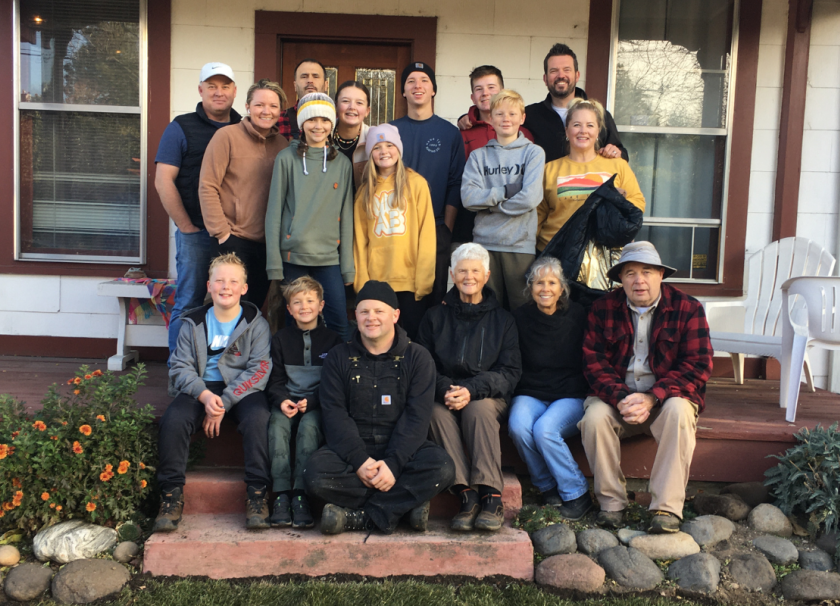
March Change for Good: Parker House Project
Homelessness remains a serious issue in Southern Oregon, and women—especially single women and mothers with children—face unique challenges when seeking shelter and stability. That’s where Parker House Project comes in.

February Change for Good: BASE Southern Oregon
This February, Ashland Food Co-op is proud to support BASE Southern Oregon as our Change for Good partner! BASE (Black Alliance & Social Empowerment) is a nonprofit dedicated to uplifting and empowering Black residents in Southern Oregon through events, resources, and advocacy.
Your donations at the register all month long will help BASE continue their impactful work, and there are plenty of ways to get involved! Here’s what’s coming up:

January’s Change for Good Partner – Community Works
At Ashland Food Co-op, we’re thrilled to kick off the new year by supporting Community Works, our January Change for Good partner. This incredible organization is dedicated to empowering individuals affected by domestic and sexual violence through crisis support, safe housing, and community outreach. Community Works provides services that are free, confidential, and open to all genders, ensuring that no one faces these challenges alone.
Here’s how Community Works is making a difference and how you can get involved:
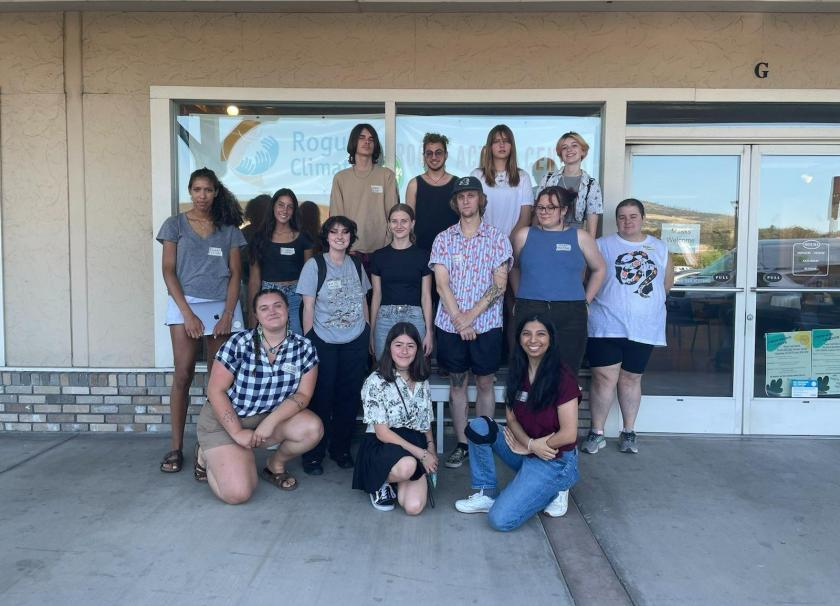
Ashland Food Co-op's December Change for Good Partner: Rogue Action Center
This December, Ashland Food Co-op is proud to partner with Rogue Action Center (RAC) as part of their Change for Good initiative. RAC is dedicated to cultivating organizing power and leadership to create a more just and thriving Southern Oregon. Their mission focuses on building community power for Housing Justice, Racial Justice, and Queer & Trans Liberation. They achieve this through a combination of base building, youth-centered leadership development, coalition building, and advocacy campaigns aimed at transforming societal rules.
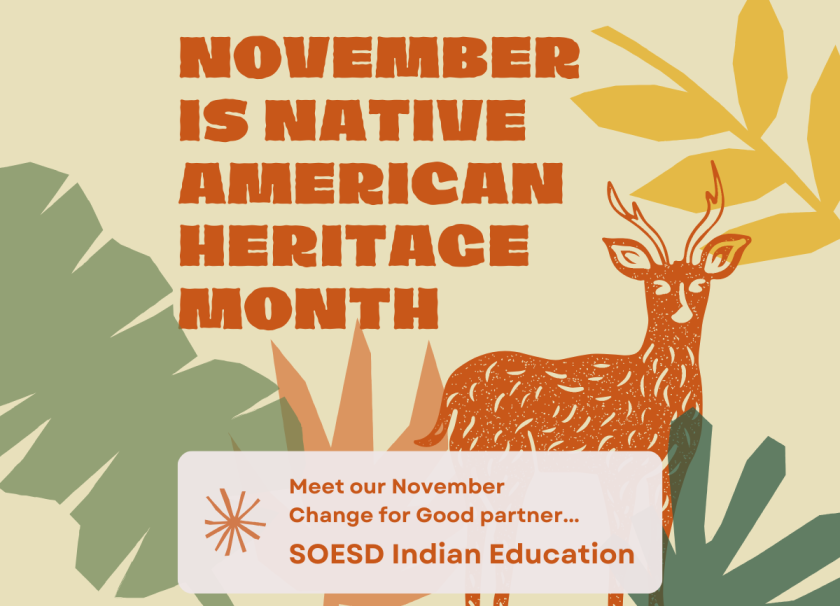
Our November Change for Good Partner: SOESD Indian Education Fund
Each month, the Ashland Food Co-op partners with a local nonprofit through our Change for Good program. This November, we are proud to feature the important work of the Southern Oregon Indian Education Department (SOESD) Indian Education Fund.
The Change for Good program allows our shoppers to round up their total at the register, with the extra change going to support a different local nonprofit each month. The funds collected make a meaningful difference for these organizations and the communities they serve.
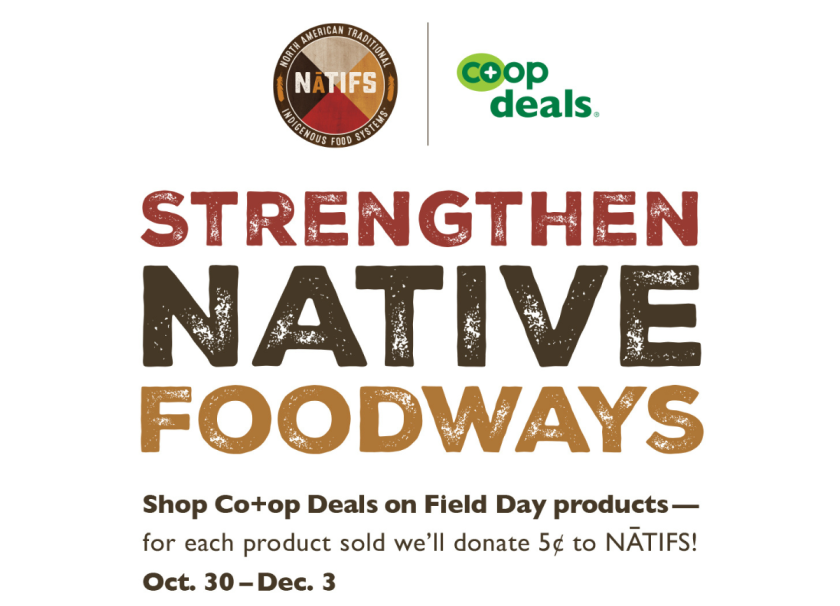
Save on Field Day Items and Support Native Foodways
This November, get ready for gatherings with friends and family with big savings on all Field Day products at your co-op. Save on more than 270 Field Day items — from maple syrup to wild-caught tuna to paper towels — from Oct. 30 through Dec. 3. Field Day is our value brand that offers high-quality, delicious food and household products at more affordable prices every day through Co+op Basics, making this savings event even more spectacular. Our lowest prices will be even lower!
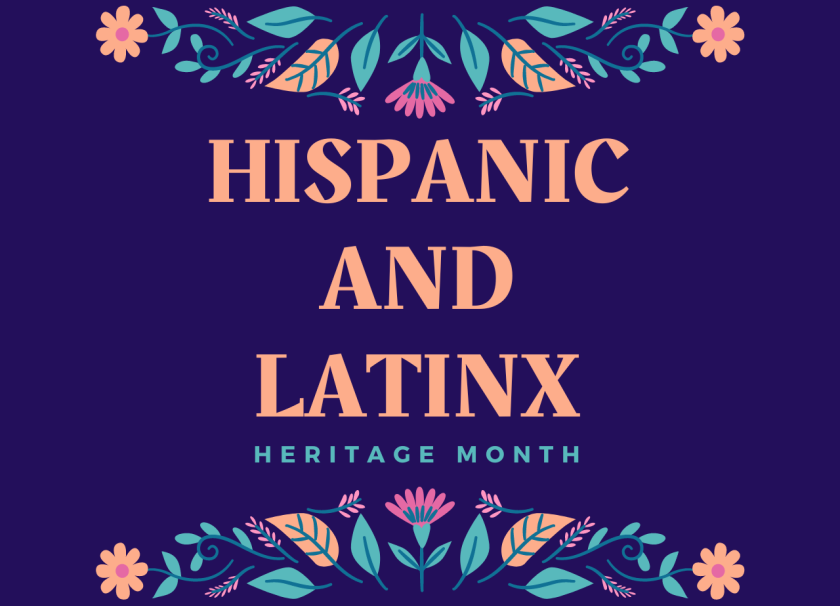
Celebrating Hispanic and Latinx Heritage
September 15th marks the beginning of Hispanic Heritage Month, a time to recognize and celebrate the contributions, diverse cultures, and rich histories of Americans with ancestry from Spain, Mexico, the Caribbean, and Central and South America.
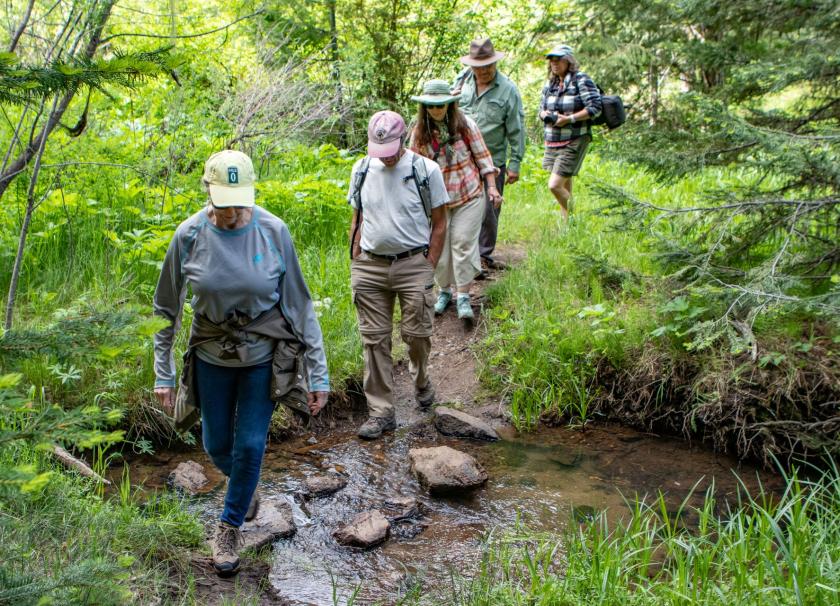
September Change for Good Partner: Friends of Cascade-Siskiyou National Monument
At Ashland Food Co-op, our commitment to community and sustainability is at the heart of everything we do. This September, we’re proud to shine a spotlight on our Change for Good partner, Friends of Cascade-Siskiyou National Monument (Friends of CSNM). This dedicated organization works tirelessly to protect, restore, and conserve the natural beauty of the Cascade-Siskiyou National Monument through service, advocacy, and education.
Stewardship in Action: Restoring Riparian Areas
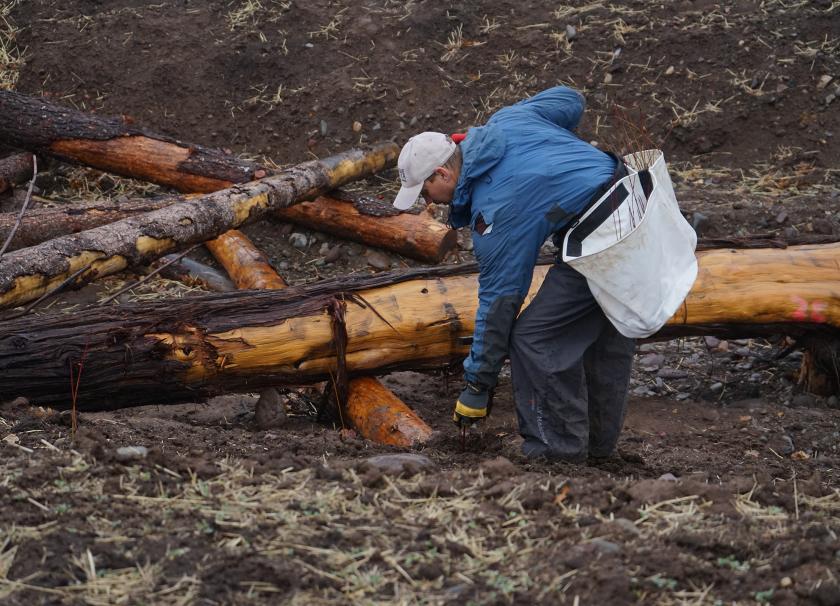
August Change for Good Partner: Rogue River Watershed Council
At Ashland Food Co-op, we are dedicated to fostering a vibrant and sustainable community. Each month, our Change for Good program partners with a local organization to support their mission and amplify their impact. For August, we are thrilled to announce our partnership with the Rogue River Watershed Council (RRWC).
Who is the Rogue River Watershed Council?

Disability Pride Month
Disability Pride Month, first celebrated in 1990, commemorates the signing of the Americans with Disabilities Act (ADA). This landmark legislation prohibits discrimination based on disability and ensures equal opportunities in all areas of public life. Disability Pride Month promotes visibility and mainstream awareness of the positive pride felt by people with disabilities.
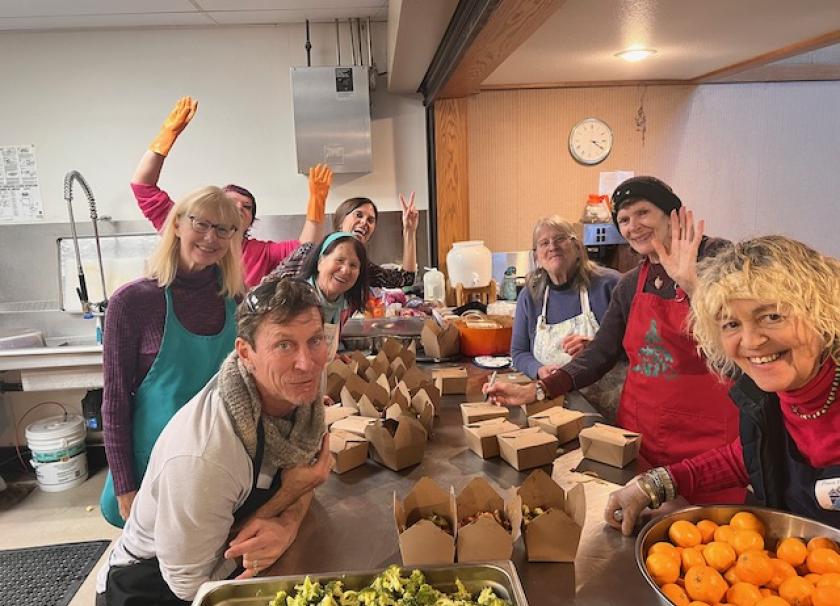
July Change for Good Partner: Peace House
Meet our July Change for Good partner - Peace House! This incredible organization has been a cornerstone of our community, dedicated to building a culture of peace through compassionate actions that support human rights and justice for all.
About Peace House
Peace House has a broad and impactful mission. Their work spans several critical areas, including:
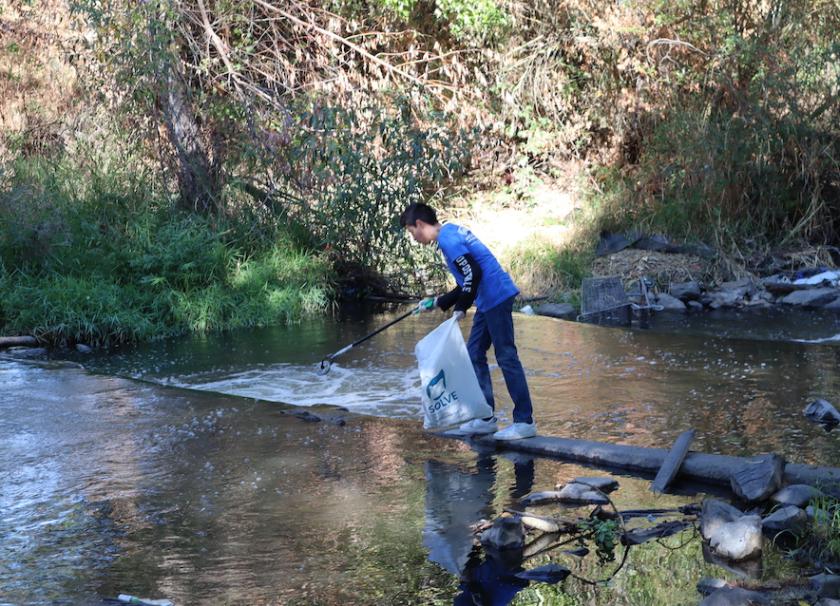
Supporting Stream Smart: Our June Change for Good Partner
We are delighted to announce our June Change for Good partner, Stream Smart, a remarkable local organization dedicated to improving the health of our streams and rivers.
What is Stream Smart?
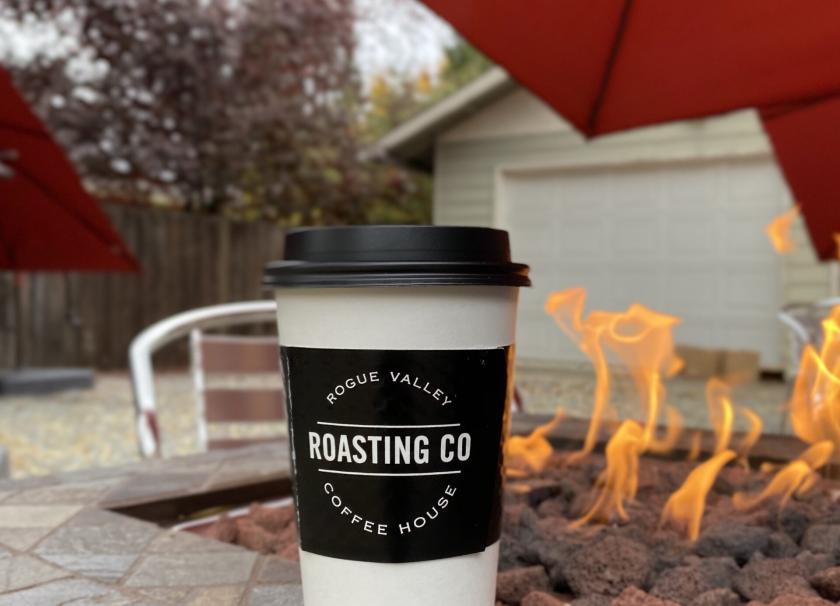
Co-op, Community and Coffee
We are thrilled to announce that the Ashland Food Co-op has purchased the Rogue Valley Roasting Company (RoCo) from longtime owner, Dustin Way.
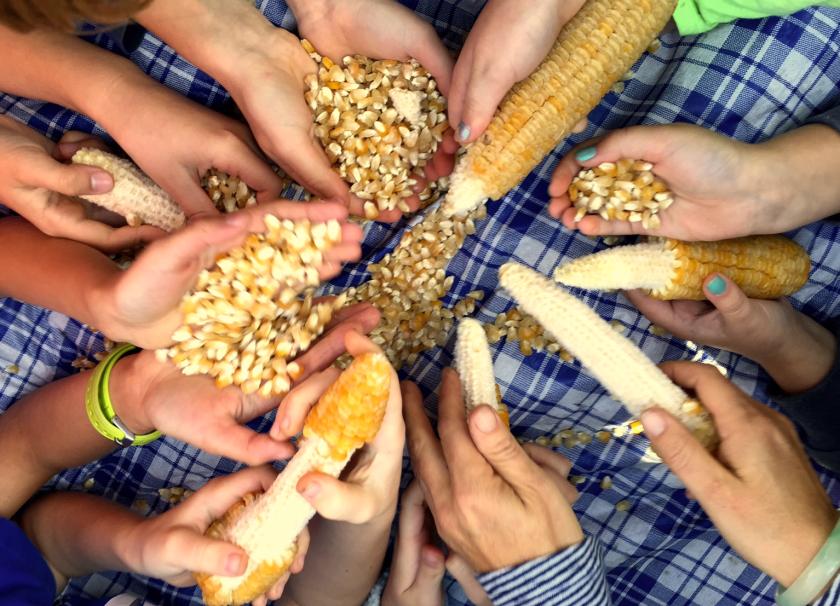
May Change for Good: Our Family Farms
This month, the Ashland Food Co-op is proud to annouce our Change for Good partner, Our Family Farms, an organization dedicated to safeguarding our agricultural heritage and promoting regenerative organic practices.
